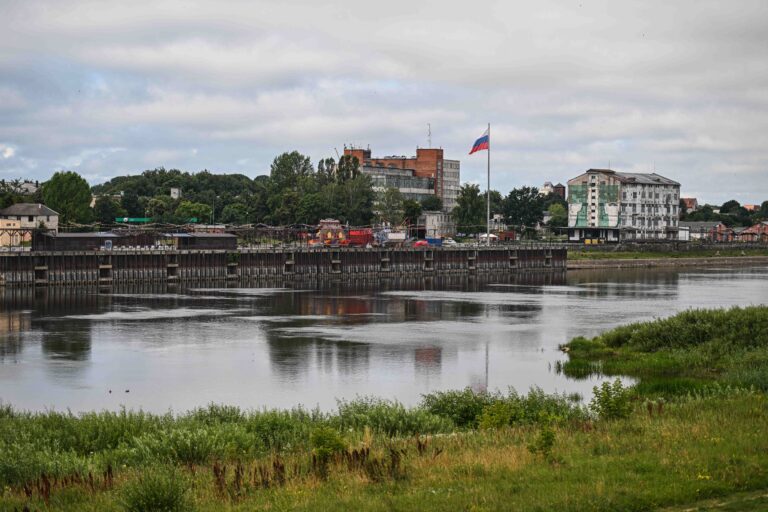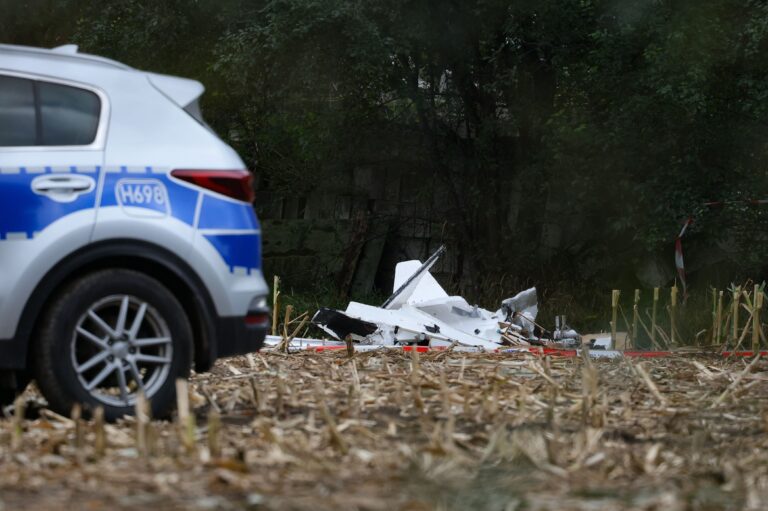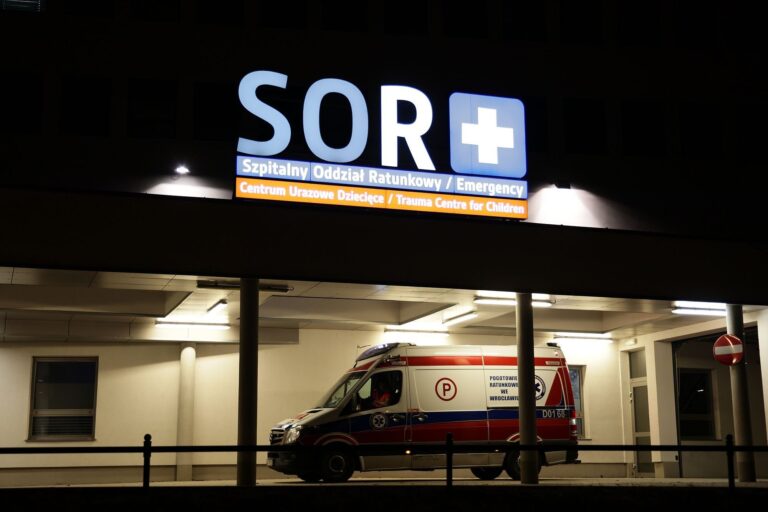Biznes Fakty
KPO subsidy audits. „We are surprised”

„The projects were evaluated by professionals. It involved a two-phase assessment process, with two independent appraisals. Each evaluator signs a statement of impartiality. We have confidence in the staff involved in the evaluation,” stated Jolanta Wiśniowska, vice president of the Rzeszów Regional Development Agency, during an interview with a TVN24 reporter. According to Jan Szyszko, the deputy minister of funds, the Rzeszów agency is the one facing „specific concerns.”
The Rzeszów Regional Development Agency is set to undergo an audit concerning the utilization of funds from the National Reconstruction Plan. This announcement was made by Deputy Minister of Funds and Regional Policy Jan Szyszko on Friday.
The agency located in Rzeszów is one of five national entities managing subsidies for the hotel, restaurant, and tourism (HoReCa) sector. Controversy arose online after reports surfaced that the funds might have been allocated for items such as yachts, tanning beds, and mobile coffee machines, among others.
„We were taken aback by this news (regarding the audit – ed.) as we operate under the continuous oversight of the Polish Agency for Enterprise Development. Most of our documentation is stored on a shared cloud platform. Since June 10th, we have been undergoing an audit by the Polish Agency for Enterprise Development. Several projects were chosen, and we submitted documents from the point of submission, through evaluation, up to contract signing. This audit is still in progress, and we are in the process of finalizing the documents. We are awaiting additional audits, should such a decision arise,” Jolanta Wiśniowska, vice president of the Rzeszów Regional Development Agency, informed TVN24.
„We execute the operator’s tasks based on documents that are publicly accessible as they are published on the project website and the Polish Agency for Enterprise Development’s site,” she clarified. She noted that these include „all regulations and guidelines related to project selection.”
Two independent assessments
She elaborated that the projects were chosen by specialists. „It was a two-phase evaluation, entailing two independent assessments, with each expert signing a declaration of impartiality and confidentiality. We place our trust in the personnel who took part in the evaluation. We are confident that these assessments were executed with integrity,” Wiśniowska stressed.
She clarified that the project guidelines were explicitly defined. „There was a specific group of entrepreneurs eligible for participation. It was a highly defined group of entrepreneurs, specifically from the HoReCa industry. The stipulation was that these services must relate to this sector and not have been previously provided as part of their business operations. For these newly proposed services, there existed a comprehensive list of eligible costs—items for which these businesses could apply. We assessed and selected applications based on this criteria. There was a ranking list and a reserve list. In our region, we successfully signed over 120 contracts, nearly 600 across the entire operator network,” stated the vice president of RARR.
She indicated that after a contract is signed, entrepreneurs must complete their purchases and then submit payment requests, which are subsequently reviewed. „Funds are only released and transferred to entrepreneurs based on these requests. Across our operational scope, we handle approximately three million such payments,” she remarked.
She was also queried regarding the acquisition of mobile coffee machines by a company running a tanning salon. „The tanning salon falls within the group of companies eligible for the project. The tanning salon proposed a new service that would enable it to diversify its operations in the event of the tanning salon being closed. With respect to the list of eligible purchases, mobile coffee machines were indeed an approved cost,” she clarified.
On Monday afternoon, Szyszko announced that inspections by PARP had already commenced among the five operators responsible for selecting beneficiaries. „The specific concerns, of course, pertain to the Rzeszów Regional Development Agency, but it is not limited to that. We are conducting audits for all five operators tasked with selecting beneficiaries in this initiative,” he emphasized.



